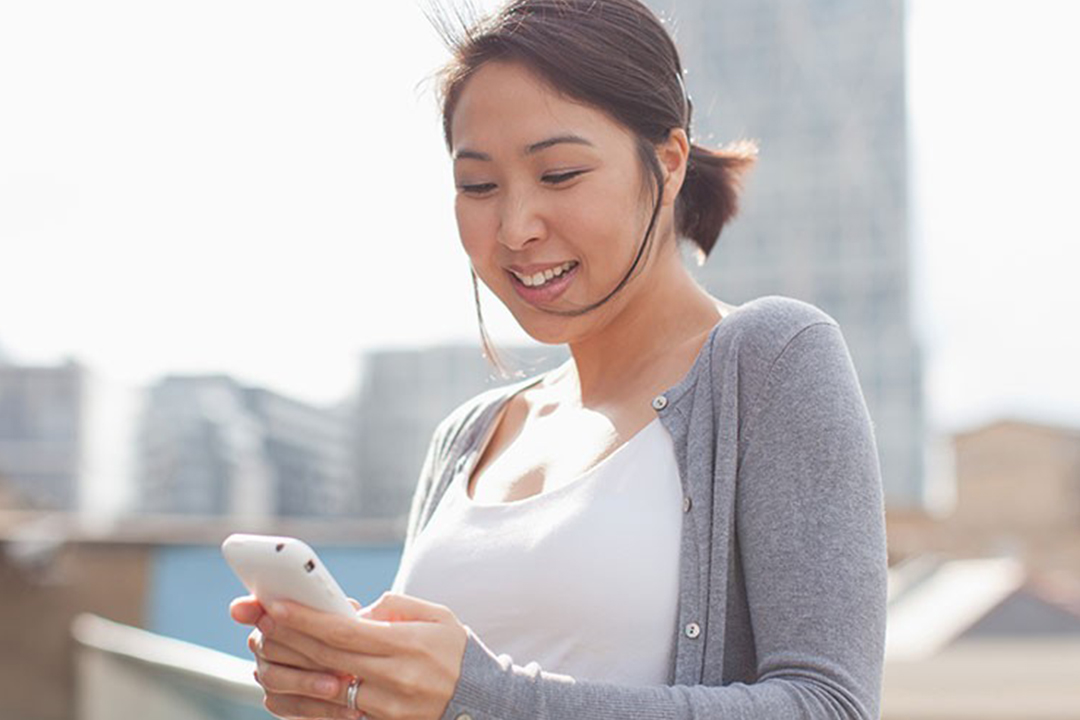New to an HSA? Learn the basics
An HSA is a tax-advantaged account that helps you pay for qualified medical expenses. The funds are yours to keep — regardless if you retire, change jobs or change health plans.
Tax savings
An HSA provides triple tax savings — contributions are not taxed in most states, account growth through interest and investment earnings are not taxed, and withdrawals for qualified medical expenses are income tax free. It’s a win-win to save on health costs today, tomorrow and even through retirement.
Pay the easier way
Your Optum Financial payment card is a fast and convenient way to pay for qualified expenses while skipping the paperwork. From trips to the doctor to everyday care like cold medicine and first aid kits, simply pay using your HSA card and you’re all set. Plus, you’ll save up to 30% because you’re using pretax dollars.*
Invest your funds
Save on care today and for the future
An HSA is like a 401(k) for health care – a tax-advantaged account that you can use for qualified medical expenses today or save for the future, including retiree health expenses and post 65 retiree insurance premiums.
Your HSA also includes investment options that can help you grow your balance for the future.


Fund your HSA
Boost your balance
Contributing to your HSA is hassle-free and tax-free. Plus, it’s always on your terms, giving you a health expense cushion when you need it.

Use your HSA dollars
What can I buy?
Does your expense qualify? Use our search tool below to find out what expenses you can spend your HSA dollars on.
Frequently asked questions about your HSA
If you’ve got a new HSA, browse our new account holder checklist to get off to a good start.
You can also visit our resource library for videos and other educational materials to help you make the most of your HSA.
To be eligible for an HSA, you must meet the following requirements, as defined by the IRS:
- You must be covered under a qualifying high-deductible health plan (HDHP) on the first day of the month.
- You have no other health coverage except what is permitted by the IRS.
- You can’t be claimed as a dependent on someone else’s tax return.
- You are not enrolled in Medicare, TRICARE or TRICARE for Life.
- You haven’t received Veterans Affairs (VA) benefits within the past 3 months, except for preventive care. If you have a disability rating from the VA, this exclusion doesn’t apply.
- You do not have a health care flexible spending account (FSA).
Other restrictions and exceptions may also apply. We recommend that you consult a tax, legal or financial advisor to discuss your personal circumstances.
It’s easy to find qualified HSA and FSA products at your favorite retailers. Find out whether your expense is qualified by checking out the qualified medical expense tool. Pay with your HSA card every time for faster payouts and less paperwork, plus, you save up to 30%* because you’re using pretax dollars.
There are three ways to make a contribution to your HSA.
Set up recurring contributions
Sign in to your account to set up recurring contributions to ensure you’re contributing the maximum allowed by the IRS each year.
Make a one-time contribution
If you haven’t contributed the maximum allowed by the IRS, you can make a one-time contribution to your account at any time.
Employer payroll deductions
Some employers offer payroll deductions. You should check with your employer to see if payroll deduction contributions are available to you.
The IRS sets guidelines for how much you can contribute to an HSA each year.
2024 limits:
- An individual can contribute up to $4,150 (increase of $300 from 2023) for the year.
- An individual with family coverage can contribute up to $8,300 (increase of $550 from 2023) for the year.
If you are age 55 or older, you can contribute an additional catch-up contribution of $1,000 per year. If your spouse is also 55 or older, they may establish a separate HSA and make a catch-up contribution to that account.
Sign in to your account today and check your contribution limit.
To learn more about the annual HSA contribution limits, visit our HSA contribution limits page.
No. You can keep your account, and the money in it remains yours, no matter what, even if you change jobs or move off a qualifying high-deductible health plan.
No. You can open and contribute to an HSA at age 65 or later as long as you meet HSA eligibility requirements, which are:
- You’re covered on an HSA-qualified medical plan.
- You’re not someone else’s tax dependent.
- You don’t have any conflicting coverage (including enrollment in Medicare). Turning age 65 does not, in and of itself, preclude you from remaining HSA-eligible absent any disqualifying coverage.
You currently have diverse investment options in your HSA, including self-directed mutual funds and digitally managed investments from Betterment. You can choose to invest based on how experienced you are and how involved you want to be in selecting your investments.
I want help investing and don’t want to spend a lot of time managing my portfolio. Can I get help investing?
You may choose to have Betterment manage your investment funds. Betterment is an independent online investment advisor and combines low-cost, tax-efficient investment strategies with technology and personalized advice to help you pursue your financial goals.
Once you answer a few brief questions about your investment goals and priorities, Betterment will build a personalized portfolio of exchange-traded funds (ETFs) with investment mixes and risk levels that are suitable for you.
I have some investment experience and prefer mutual funds. Can I choose my own investments?
You may choose from among a number of pre-selected mutual funds from nationally recognized fund families. These have been selected to offer a broad and diverse range of investment objectives, with high Morningstar ratings and some of the lowest expense ratios in the industry.
Our accounts cover hundreds of expenses for you and your family.
The IRS requires retail locations like pharmacies, grocery stores, and wholesale clubs, to have a special inventory control system in place that identifies eligible expenses in order to accept health care payment cards. The system is called IIAS (Inventory Information Approval System), and it helps reduce the need to submit receipts or worry about rejected claims. This list is regularly updated, so check back often.
Some merchants, while not IIAS compliant, have attested that at least 90% of their transactions are for qualified health care account purchases. These merchants are also allowed to accept payment cards, however, transactions at these locations will require receipts.
You can find the IIAS Complaint Stores and the 90% Merchants by downloading the list(s) from the buttons provided here:
We’re here to help
Whether you’ve just opened your HSA or you’re preparing to retire, our resources make it easy to save, pay and invest your HSA dollars.

Video
What is an HSA?
Watch this video to learn about the advantages and the purpose of an HSA and how it works.
Transfer your HSA
It’s easy to combine your HSA funds into one account.
How to use your HSA
Learn how to make deposits to and withdrawals from your HSA.
HSA contribution limits
Take advantage of your HSA’s tax benefits by contributing the maximum.
*Savings compares using pretax income in your HSA to using after-tax income for purchases and assumes a 30% combined tax rate from all applicable federal, state and FICA taxes. Results and amount will vary depending on your circumstances.
The Optum Store is an affiliate of the RVOHealth families of companies.

